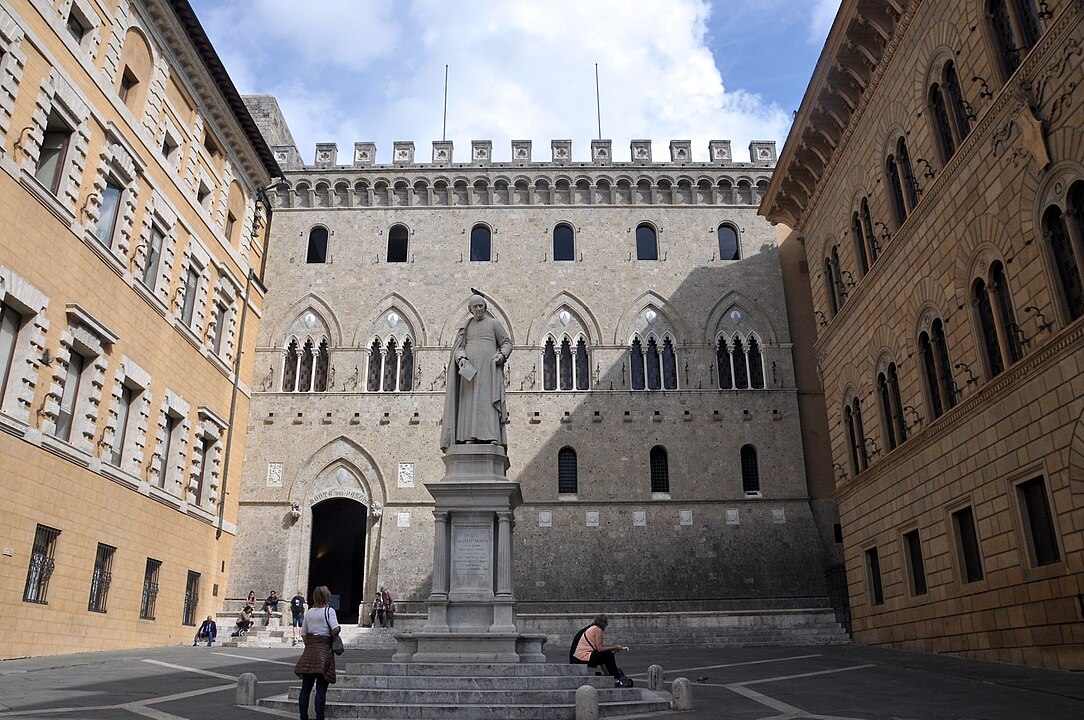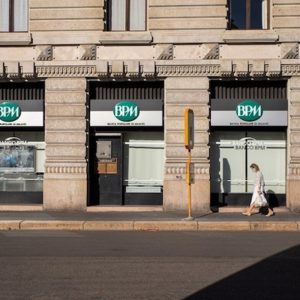Banca Monte dei Paschi di Siena SpA, the world’s oldest bank, shocked Italy with its bid to acquire larger rival Mediobanca SpA.
The all-share deal, valued at €13.4 billion (€14.1 billion), marks an unexpected turnaround for Monte Paschi, a bank still recovering from a government bailout.
“A few months ago, this move would have been unimaginable,” said Stefano Girola, Chief Investment Officer at family office FI-MEP in Brescia. The bank, once seen as a liability, is now a key player in reshaping Italy’s financial landscape.
Monte Paschi’s rapid recovery under CEO Luigi Lovaglio has helped the government reduce its stake in the lender. Finance Minister Giancarlo Giorgetti praised the management’s efforts, describing the proposal as “transparent and in Italy’s economic interest.”
If successful, the acquisition would establish a new national banking leader and balance the dominance of Italy’s two largest lenders. Analysts note that the deal could increase government influence in the financial sector, particularly with Mediobanca being a major shareholder in insurer Generali.
Significant obstacles in way of the deal
However, the deal faces significant obstacles. Mediobanca’s share price rose 7.7% after the announcement, while Monte Paschi’s stock fell 6.9%, reflecting investor scepticism. Some analysts doubt the proposal’s chances, citing concerns over execution and potential market reactions.
The government’s backing and support from powerful families, including the Del Vecchios of EssilorLuxottica and the Caltagirones, strengthen Monte Paschi’s position. Both families have increased their holdings in the bank since purchasing stakes from the government in 2022.
Despite this support, the proposal is seen as hostile by Mediobanca, which is likely to reject it. Observers suggest the bid could be a strategic move by Monte Paschi to deter other suitors and consolidate its position.
Monte Paschi’s history adds a dramatic layer to the story. Founded in 1472, the bank’s fortunes declined after its ill-fated 2007 acquisition of Banca Antonveneta for €9 billion. The financial crisis and mounting losses led to a 2009 government bailout, followed by nationalisation in 2017.
Under Lovaglio’s leadership since 2022, the bank has cut costs, increased profitability, and resumed paying dividends. This recovery gave Italy the chance to begin privatising the lender, paving the way for its surprising bid for Mediobanca.
The proposed merger could save €300 million annually through synergies and accelerate the use of €2.9 billion in deferred tax assets. However, some view the bid as politically motivated, with concerns over market and investor reactions.





